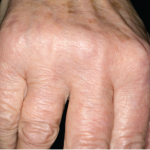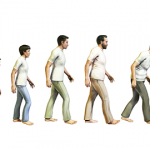Steady hands, nerves of steel: The endoscopic transphenoidal hypophysectomy is a delicate neurosurgical procedure. Using a three-dimensional microscope and a powerful magnetic resonance imaging machine to guide them, the surgeon must meticulously dissect the throat tissues, navigate through the palate and the sinuses to reach the base of the skull where the pea-sized master gland,…







